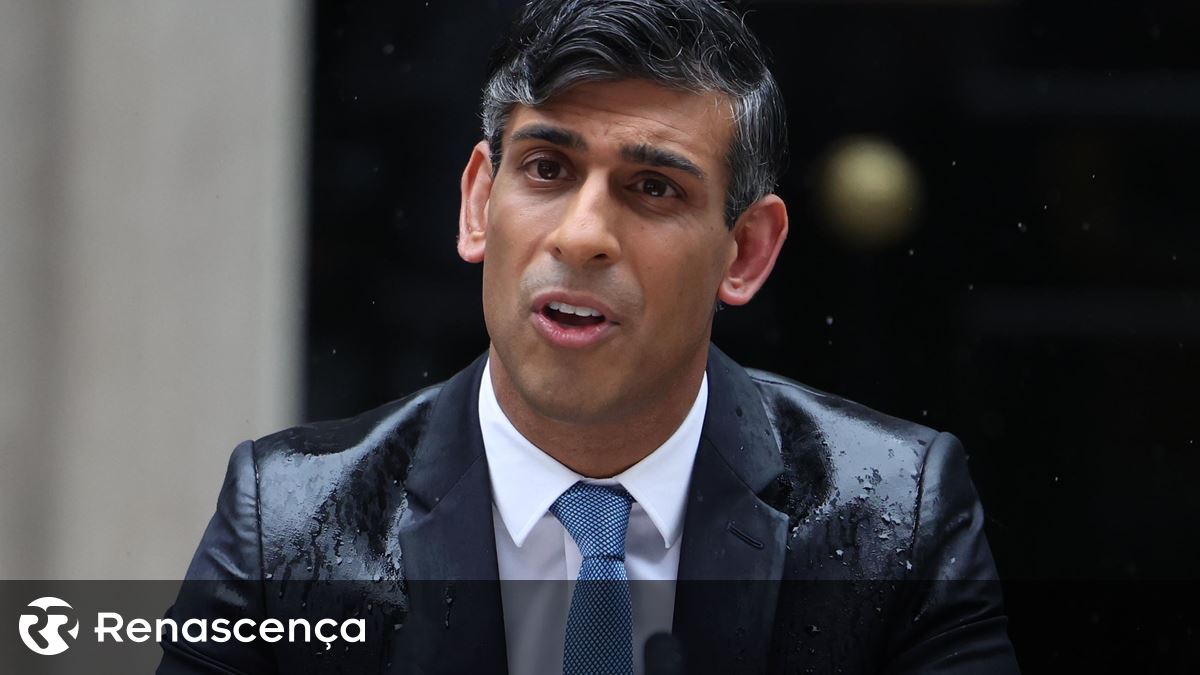The group of the seven richest democracies in the world agreed, at their annual summit, to provide loans to Ukraine worth $50 billion, guaranteed by interest on frozen Russian funds.
“At the moment, European countries are not involved in this loan, also given the fact that all assets are frozen in Europe,” the Italian president said, recalling that the bloc is already contributing by providing a financing guarantee mechanism.
At the beginning of the week, officials from the European Union – which includes three G7 countries, Germany, France and Italy – said that the Europeans could provide about half of the loan, in clear contradiction to Meloni’s words on Saturday.
About 260 billion euros of Russian assets, such as central bank reserves, have been frozen under sanctions imposed on Russia after the invasion of Ukraine on February 24, 2022.
Euroclear, a central deposit bank based in Belgium, holds approximately €190 billion of these assets, making Europe a key partner in any plan to use these assets. The United States owns about five billion dollars of these assets.
Meloni added that she is not concerned about lifting the freeze on Russian assets before the loan is repaid, because that can only happen after peace negotiations, which must include commitments on the reconstruction of Ukraine.
European Union negotiations
After his post-fascist Brotherhood of Italy party won 28% of the vote, Giorgia Meloni is the only European G7 leader to be positively affected by the results of the European elections on June 9This dictated the political shift to the right and the extreme right. Conversely, the Germans and French saw their leadership threatened.
Meloni said on Saturday that he hoped Europe would take into account in its policies the “message” that European citizens are sending, “because to take the conclusion from the European elections that everything is going well would be, I’m afraid, a bit of a biased reading.”
“European citizens are calling for a realistic, less ideological point of view on various major issuesHe stated that “policy must, above all, respond to the indicators provided by citizens.”
Giorgia Meloni, for example, opposes the European Green Charter and advocates tightening rules on immigration.
The 27 heads of state and government will meet in Brussels next Monday to negotiate the distribution of key positions in European Union institutions, with a focus on the possible reappointment of Commission President Ursula von der Leyen.
Italy has already defended the postponement of negotiationsThis is due to the proximity of the elections scheduled in France on June 30 and July 7, which may impose major changes.
With agencies

“Hardcore alcohol maven. Hipster-friendly analyst. Introvert. Devoted social media advocate.”

